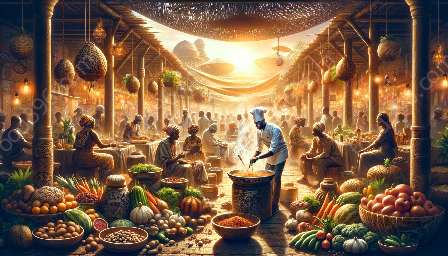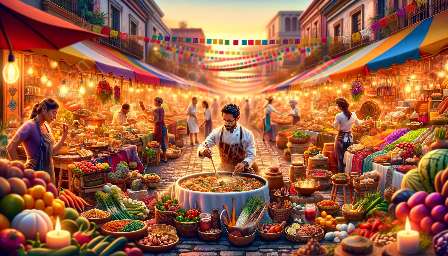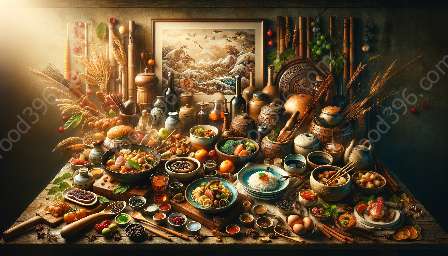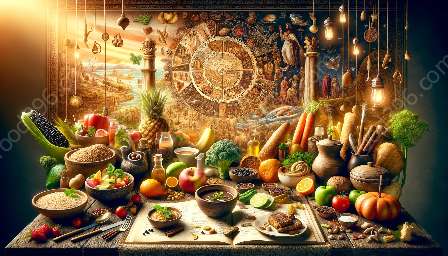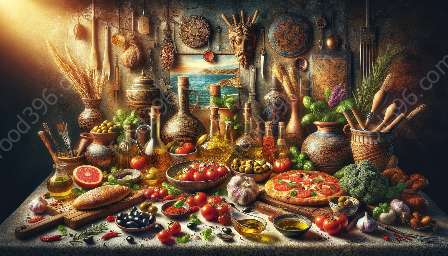Caribbean cuisine is as colorful and rich as the region itself. It represents a fusion of various culinary traditions, influenced by the diverse cultures that have inhabited the Caribbean islands over the centuries. The history of Caribbean cuisine is a fascinating tapestry of indigenous, African, European, and Asian culinary practices, resulting in a vibrant and tantalizing array of flavors and dishes.
The Indigenous Roots
The history of Caribbean cuisine begins with the indigenous peoples who first inhabited the islands. Taino, Arawak, and Carib tribes contributed significantly to the culinary landscape of the Caribbean, introducing staple ingredients such as maize, cassava, sweet potatoes, and peppers. Their cooking techniques, including barbecuing and roasting, laid the foundation for many traditional Caribbean dishes.
African Influence
With the arrival of European colonizers and the transatlantic slave trade, African culinary traditions were brought to the Caribbean. The African influence on Caribbean cuisine is profound, with the introduction of ingredients like okra, callaloo, plantains, and taro. The cooking methods and spice blends, such as jerk seasoning and curry, also became integral to Caribbean cooking, creating a distinct fusion of African and indigenous flavors.
European Legacy
European colonization brought a blend of Spanish, British, French, Dutch, and Portuguese influences to Caribbean cuisine. The introduction of ingredients like rice, wheat, citrus fruits, and various spices, along with cooking techniques such as stewing and frying, contributed to the evolution of Caribbean dishes. Additionally, European culinary traditions enriched Caribbean cuisine with techniques for preserving meats, pickling, and baking, adding depth and variety to the region's food culture.
Asian Contributions
Asian migration to the Caribbean, particularly from countries like India, China, and Indonesia, brought yet another layer of flavors and cooking techniques to the region. Ingredients such as rice, soy sauce, ginger, and various spices made their way into Caribbean kitchens, intertwining with existing culinary practices. The infusion of Asian flavors and cooking methods further diversified the Caribbean culinary landscape, leading to the creation of unique and innovative dishes.
Modern Evolution
Today, Caribbean cuisine continues to evolve, incorporating global influences while staying true to its roots. The fusion of traditional ingredients and cooking methods with modern culinary trends has led to the emergence of contemporary Caribbean cuisine, which showcases the creativity and innovation of the region's chefs. From street food to fine dining, Caribbean dishes continue to enchant food enthusiasts with their bold flavors, vibrant colors, and rich cultural heritage.
Notable Dishes
Caribbean cuisine boasts a wide range of iconic dishes that reflect the region's diverse history and cultural influences. Some notable examples include:
- Jerk Chicken: A spicy and flavorful dish featuring chicken marinated in a distinctive blend of spices and seasonings, then grilled or smoked to perfection.
- Conch Fritters: Fritters made from conch meat, seasoned with herbs and spices, and deep-fried to a golden crisp.
- Callaloo: A traditional Caribbean dish made from leafy greens such as amaranth or taro leaves, often cooked with coconut milk and other seasonings.
- Roti: A type of flatbread popular in Caribbean cuisine, often filled with savory ingredients like curried meats, vegetables, and chickpeas.
- Rice and Peas: A staple side dish featuring rice and pigeon peas, infused with coconut milk and seasoned with thyme, garlic, and other aromatic spices.
Conclusion
The history of Caribbean cuisine is a dynamic and captivating narrative, woven from the threads of diverse cultures and culinary traditions. From the humble origins of indigenous cooking to the intricate blend of African, European, and Asian influences, Caribbean cuisine stands as a testament to the resilience and creativity of the region's people. Its vibrant flavors, aromatic spices, and mouthwatering dishes continue to enchant and inspire, making Caribbean cuisine an integral part of the global culinary tapestry.




